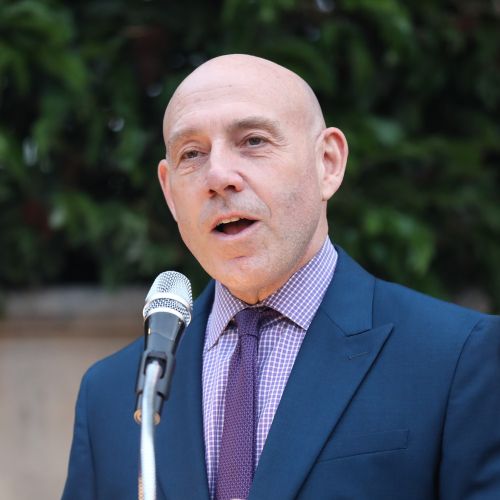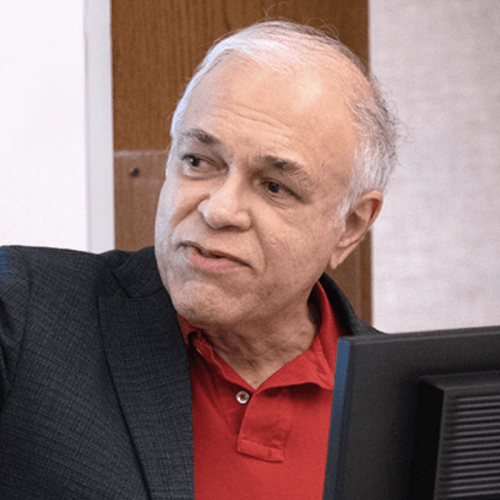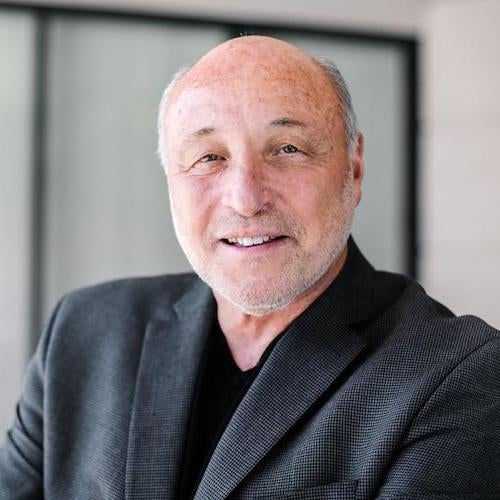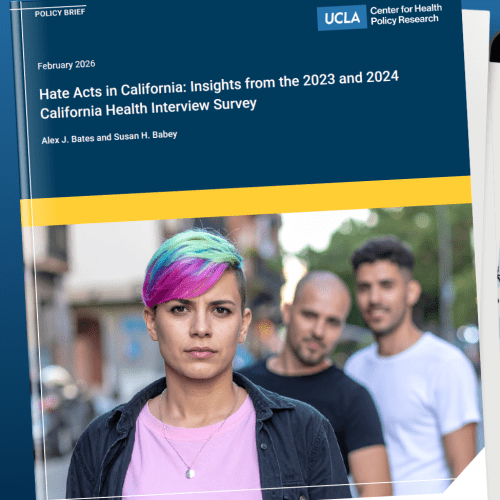Dr. Jonathan Fielding: "COVID-19 going forward — a US perspective"
Distinguished professor Dr. Jonathan Fielding shares his perspective about what can be done to address the COVID-19 pandemic.
COVID-19 is a grave pandemic, the worst we have seen since the 1918 flu pandemic. Its virus is not only harming and killing hundreds of thousands of us, but it is also creating despair and poverty. Its economic and mental health harms are incalculable. As a nation it is putting us more deeply in debt, to be repaid by several generations to come who will have a reduced living standard. Unemployment levels surpass those of the Great Depression. I have chosen not to summarize the harms but to ask what we can do to vanquish this invisible scourge over the next year. Our understanding of the disease and its multiple sector consequences grow daily. So, consider that a version of this short report could be different even a few days from now.
Treatment and prevention
The scientific situation regarding COVID-19 is very fluid, with pharmaceutical companies testing every potential treatment that could possibly affect the course and/or severity of the disease. At this point, remdesivir is the only anti-viral medication with some (early unrandomized) trials reporting even limited positive effects. However, these trials have been conducted on a small number of patients. Other remdesivir trials show no significant benefits. Finding an effective drug therapy would be an immediate game-changer.
On the prevention front, there are a plethora of vaccine trials underway and it is very likely that one or more of these vaccines will be chosen for wide-scale manufacturing. In reality, however, the delivery of a vaccine to medical care providers is not expected until the second quarter of 2021. Some epidemiologists mention the possibility that the virus could mutate into a less lethal form, but that hope should not be the basis for planning.
Faculty Referenced by this Article

Dr. Michelle S. Keller is a health services researcher whose research focuses on the use and prescribing of high-risk medications.

EMPH Academic Program Director with expertise in healthcare marketing, finance, and reproductive health policy, teaching in the EMPH, MPH, MHA program

Dr. Ron Andersen is the Wasserman Professor Emeritus in the UCLA Departments of Health Policy and Management.
Nationally recognized health services researcher and sociomedical scientist with 25+ years' experience in effectiveness and implementation research.

Professor of Community Health Sciences & Health Policy and Management, and Associate Dean for Research











































































